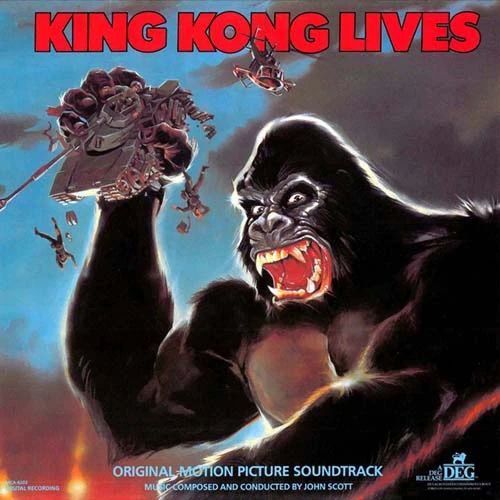John Scott 1930-
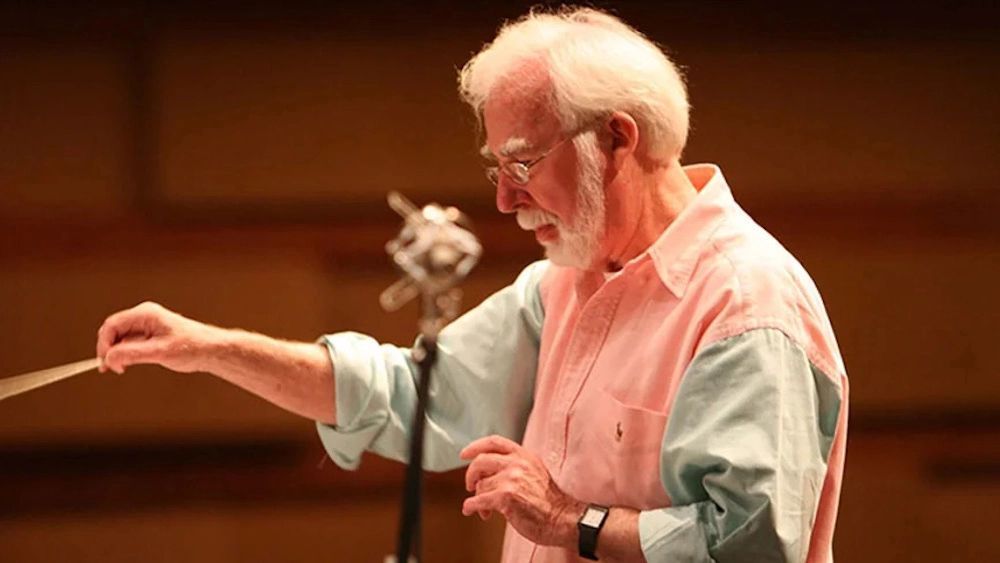
“Why didn’t John Scott take off?” asked Joel Goldsmith, composer of the scores for Moon 44 and The Untouchables TV series. “Haven’t you wondered about that? Why didn’t John Scott become a big-time film composer? That baffles me more than the no-talents getting these big movies. They’re flash-in-the-pans. There’s no longevity there.” Scott has developed quite a following within Hollywood’s film music community that swells with both admiration of his talents and a total bewilderment at how little the town has properly used them.
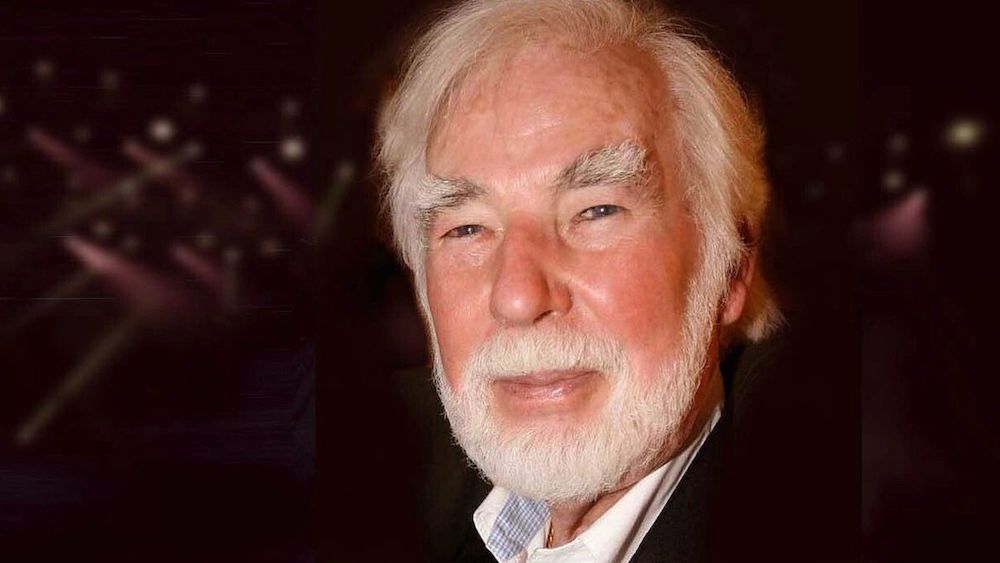
John Scott has penned over fifty-five film scores in his lifetime, and plenty of television documentaries and TV movies. Today he still writes, orchestrates, and conducts all of his film scores. This interview was finished in June, just before he left for a holiday in France. When John was over there, Jacques Cousteau died and was buried there at the same time. Cousteau was instrumental in helping John develop his skills as a film composer and I know he will always be indebted to him for that. To sing John Scott’s praises is easy for me, but I think his music speaks for itself. What you are about to read are the views of an English gentleman and his take on an industry that’s turned upside down in thirty-seven years.
Reviews
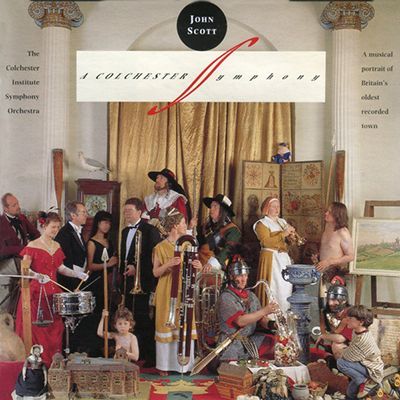
Bristol born John Scott has built an enviable reputation for himself as a composer of dramatic and evocative scores for documentaries (as well as feature films), such as the Cousteau adventures, so it is appropriate that he was commissioned to write this celebration of Britain's oldest recorded town.
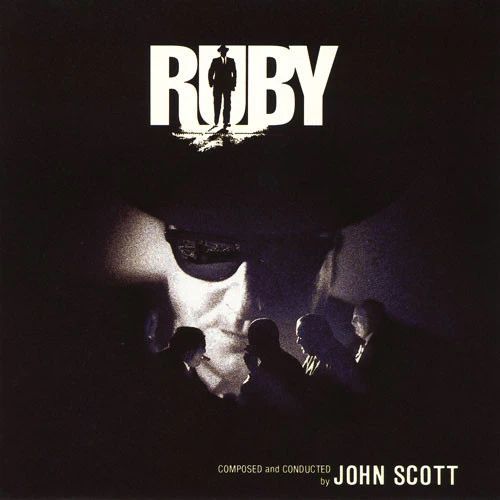
On the heels of Oliver Stone’s JFK comes this intriguing account, seen through the eyes of Jack Ruby, whose complete involvement in the assassination has never been clearly understood but who seemed to play a major part in it. John Scott’s score is a brilliant one, contrasting small jazz ensemble with a lovely symphonic melody which captures a contradictory innocence that belies the message of the film.
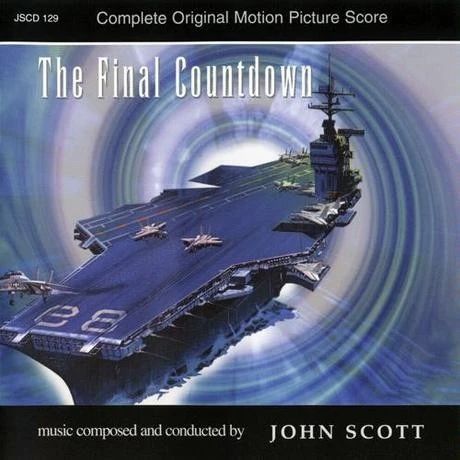
It’s time to dump that Tarantula bootleg recording of John Scott’s masterful and magnificent score to The Final Countdown – we finally have a splendid and legitimate recording of the complete score, produced on Scott’s own label. This compelling 1980 film told the thrilling and compelling story about a modern-day nuclear aircraft carrier that, through the happenstance of a freak time-warp storm, is thrust back to 1941 on the eve of the Japanese invasion of Pearl Harbor. The score was Scott’s first major Hollywood assignment. Scott’s music is brassy and rich, constructed around a stalwart main theme performed mostly by the brass section. It’s thunderously heroic and full of militaristic pageantry though it never becomes clichéd or petty (a neat woodwind and string variation is heard in “The USS Nimitz on route;” the cue eventually opens up into a terrific rendition of the main theme). With 23 cues versus the original LP’s 15, the music is thrilling in its drive and power.

